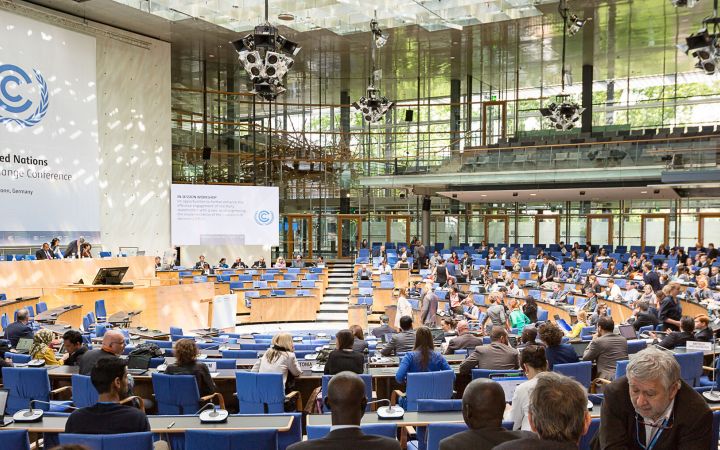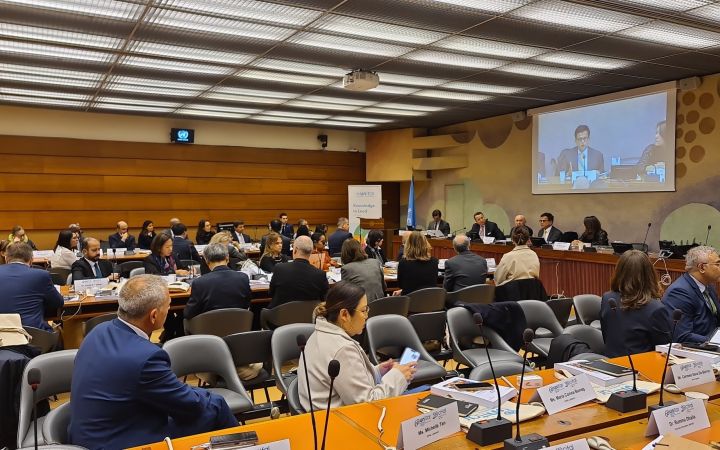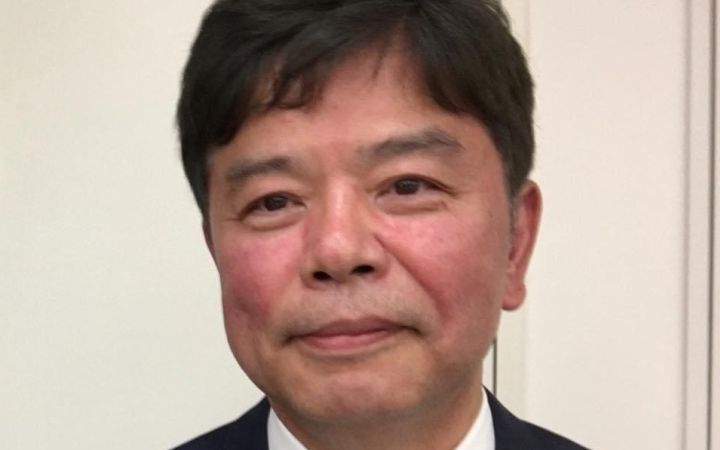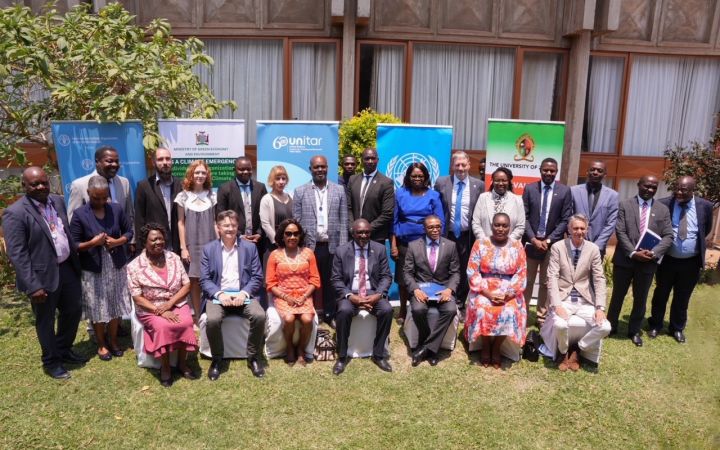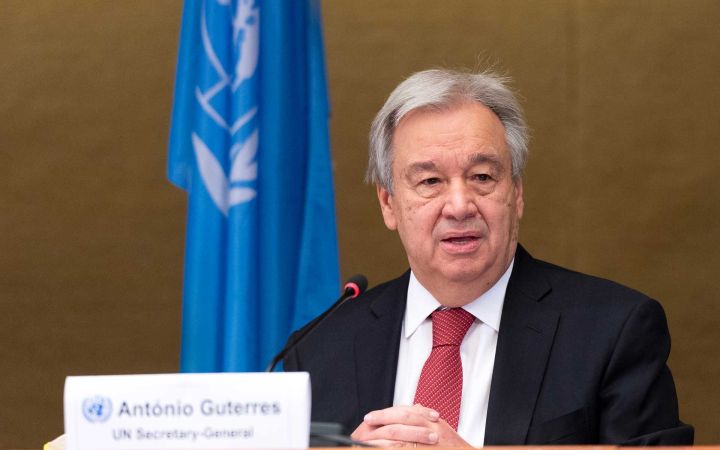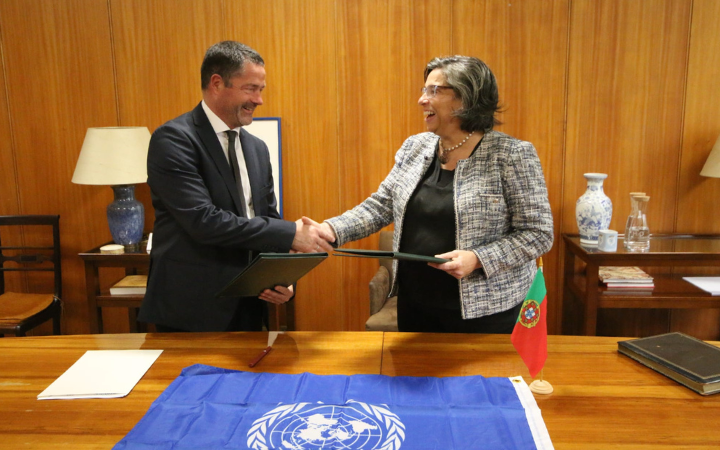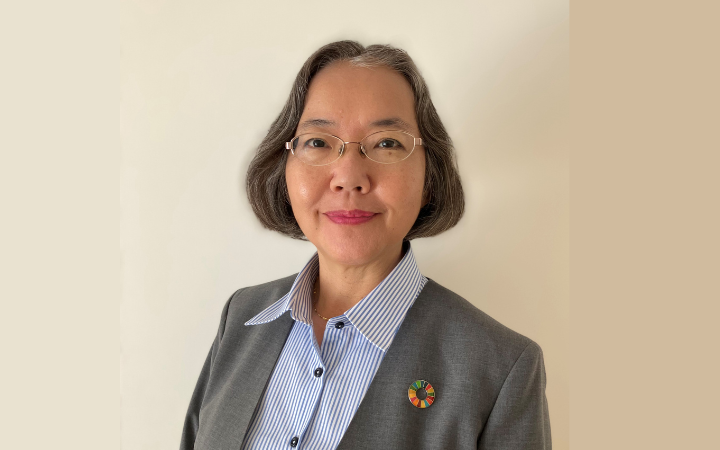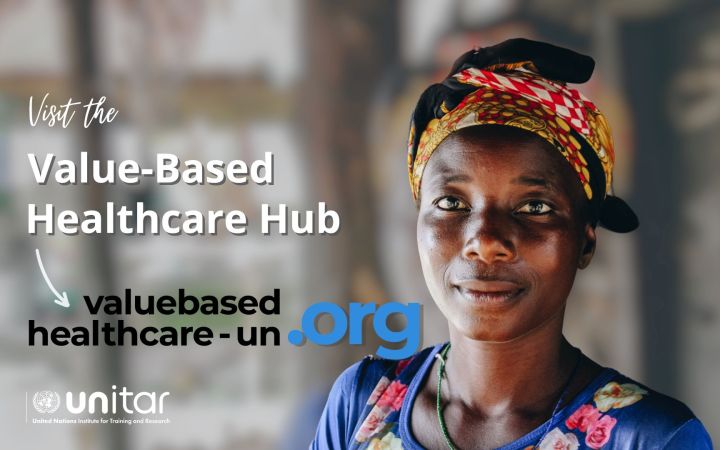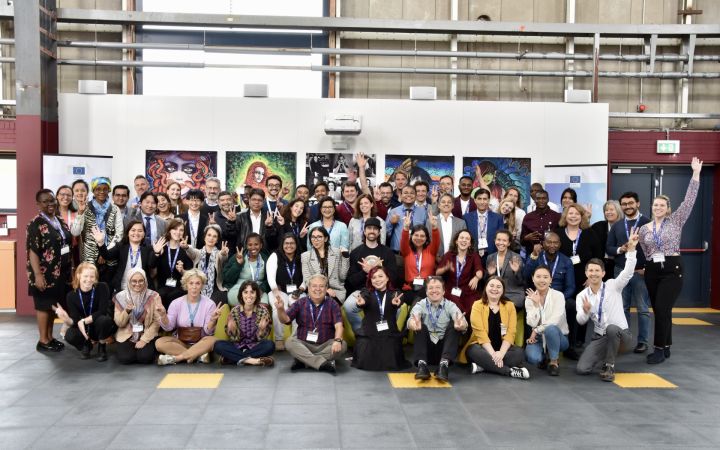Displaying 511 - 520 of 1565
UN CC:Learn has affiliated three online courses developed by UN Climate Change that will get you up-to-speed on the international climate change process and the Paris Agreement.
20 November 2023, Geneva, Switzerland – UNITAR celebrated the 20th anniversary of the CIFAL Global Network (CGN) since its creation in 2003. Thirty CIFAL training centres gathered at the Palais des Nations in Geneva to celebrate two decades of building capacities in support of local sustainable development and to collectively define a roadmap for the upcoming years.
• Mr. Tetsuo Kondo joined the Division for Prosperity Advisory Board in August 2023 and brings extensive expertise in the field of international relations with his background as a Japanese diplomat and experience in the United Nations.
• He currently serves as a visiting professor of development and global health policy at Sophia University, University of Tokyo, Kyoto University, Nagasaki University, and Kanazawa Institute of Technology.
• He currently serves as a visiting professor of development and global health policy at Sophia University, University of Tokyo, Kyoto University, Nagasaki University, and Kanazawa Institute of Technology.
14 November 2023, Lusaka, Zambia - Countries all over the globe are looking for ways to unlock or tap into funds to help them climate-proof their economies and meet their climate commitments. In this context, Zambia is leading by example.
16 November 2023 - On the Occasion of the 60th Anniversary of UNITAR, the United Nations Secretary-General sends his congratulatory message to UNITAR.
8 November 2023, Lisbon, Portugal - Delegates from the United Nations Institute for Training and Research (UNITAR) and the National Institute of Administration (INA, I.P.) met in Lisbon to formalize a strategic partnership encompassing various areas of collaboration, including training and research activities in the field of public administration and Sustainable Development Goals (SDGs).
9 November 2023, Hiroshima, Japan – The United Nations Institute for Training and Research (UNITAR) Hiroshima Office welcomes Ms. Chisa Mikami as the new head of the office, effective 8 November 2023. Ms. Mikami has extensive experience working in developing countries through her career with the United Nations Development Programme (UNDP) and brings to the Office her knowledge of the countries that the Hiroshima Office works with.
8 November 2023, Geneva, Switzerland – The United Nations Institute for Training and Research (UNITAR) and the Global Surgery Foundation launched version 2.0 of the Value-Based Healthcare (VBHC) Hub.
6 November 2023, Geneva, Switzerland - To mark UNITAR's 60th anniversary, a gala concert entitled “Music from all corners of the world for peace and our planet” will take place on Thursday, 16 November 2023 at 19:30, at the Conservatoire de Musique de Genève. This gala concert pays tribute to our commitment to empower individuals and organizations to create positive change for peace and sustainability.
6 November 2023, Petten, Netherlands - On 27-29 September 2023 UNITAR Division for Prosperity, in collaboration with UNEP and the World Meteorological Organization (WMO), as member entities of the World Water Quality Alliance, co-organized the Innovation Workshop in Water Quality Monitoring and Assessment, in which 65 participants from all around the world attended.


